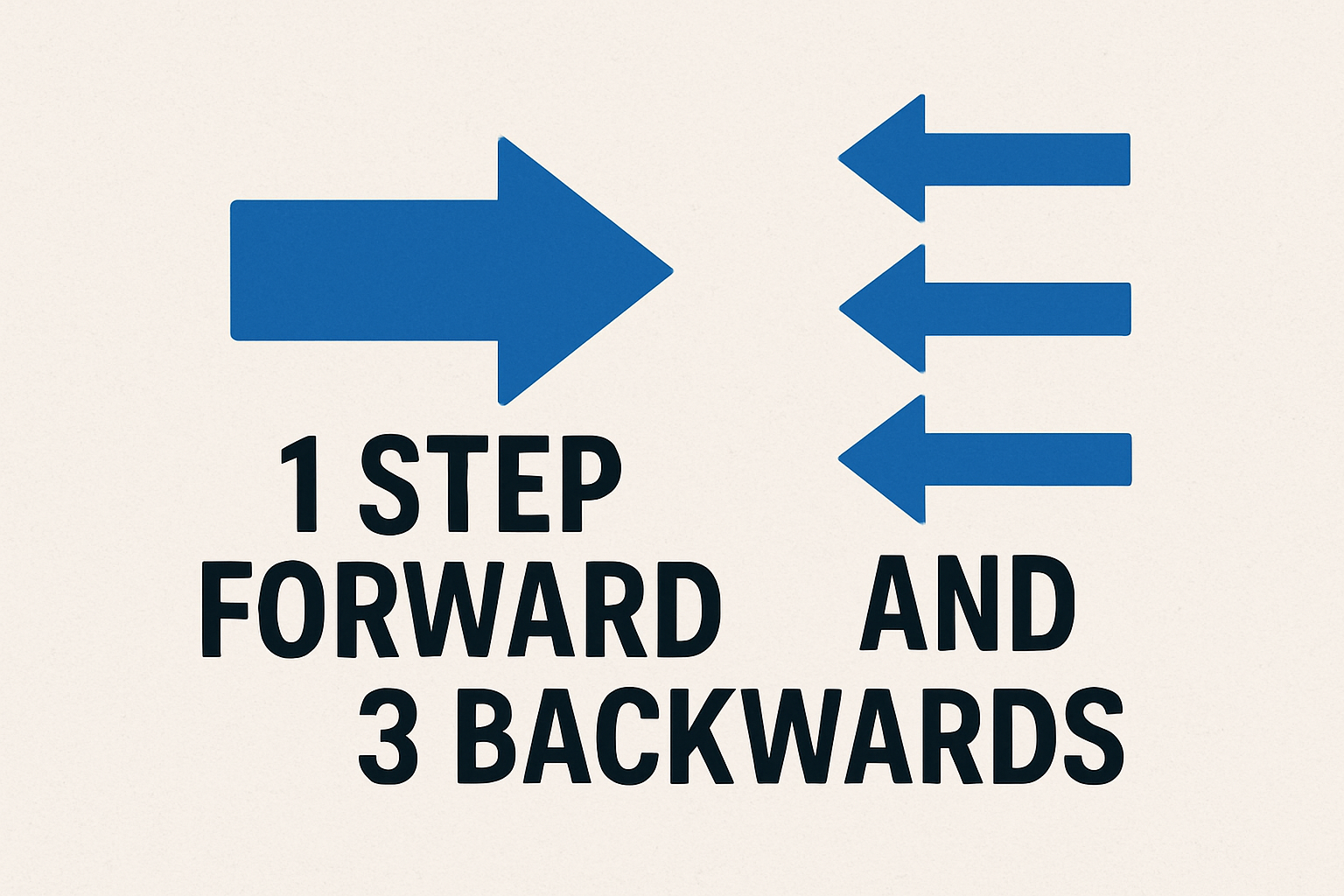The Netherlands' recent elections have resulted in a new cabinet led by Prime Minister Dick Schoof, featuring the VVD, the far-right Party for Freedom (PVV), the Farmer–Citizen Movement (BBB), and the New Social Contract (NSC). This coalition faces intense opposition and controversy, particularly over past anti-Islamic remarks by PVV members.
The initial debates have been marked by heated exchanges and revisiting old disputes, raising questions about the future of Dutch governance. Can this new leadership navigate the country's challenges and deliver on their promises, or will new political movements need to emerge? Discover the evolving dynamics and prospects of the Netherlands' political landscape under this contentious new government.

The big question remains: will this political upheaval succeed?
In the initial days of the newly installed cabinet, opposition from unelected parties was fierce, aiming to undermine the new government. The first debate under the leadership of Prime Minister Dick Schoof was less about governance and more about addressing the grievances of the other parties in the House of Representatives. The debate was marred by mudslinging and revisiting old controversies, particularly targeting the Party for Freedom (PVV), the largest party in this far-right cabinet. Criticisms of PVV's past were rampant, highlighting the deep-seated rancor from other political factions.
So, who stands to gain more freedom in the Netherlands under this new regime?
The Party for Freedom, founded and led by Geert Wilders, has emerged as a dominant force despite its controversial stance. Wilders, who exerts significant control over the party, has a history of vehemently opposing the Muslim community, portraying them as a threat to Dutch society. His rhetoric has consistently emphasized the perceived dangers of a growing Muslim population in the Netherlands.
Picture:: I am Expat
Will Wilders and his party live up to their contentious promises?
The new cabinet includes ministers from the PVV, who have not escaped scrutiny. The new Minister of Asylum and Migration, Marjolein Faber, has particularly faced backlash for allegedly using the term "Omvolking," a term with heavy Nazi connotations. This controversy overshadowed much of the initial political discourse, diverting attention from substantive policy discussions. The focus on such a term indicates the fraught nature of the current political environment.

Is "repopulation" really on the agenda for the Netherlands?
The term "repopulation," likely used impulsively by Faber, played an outsized role in the early debates, highlighting the hypersensitivity and historical anxieties within Dutch politics. Given the significant challenges the Netherlands faces, one would hope for more disciplined and constructive debates from the House of Representatives. The country has navigated numerous crises in recent years, and effective governance is crucial for its future stability.
Can this new cabinet make the Netherlands "healthy" again?
When new cabinets are formed, there's usually an optimistic outlook among voters. They hope their new leaders will address past shortcomings and usher in positive changes. This optimism, however, often meets the harsh reality of political inertia and the complexities of governance. Hope springs eternal during elections, but the actual outcomes frequently fall short of expectations.
Picture: The new kabinet: NU.nl
New elections, new hope?
Historically, the gap between electoral promises and governing realities can be wide. Politicians in prosperous countries like the Netherlands face immense pressure to deliver on their commitments. However, the political cycle, including the lengthy process of cabinet formation, often leaves limited time for actual governance. This reality can lead to a focus on short-term gains rather than long-term solutions.
Are politicians already thinking about their post-cabinet careers?
For many politicians, serving in the House of Representatives or a cabinet can be a strategic career move. The prestige of holding such positions can pave the way for lucrative opportunities post-tenure. A significant proportion of Dutch representatives come from the education sector, where career advancement is limited. Serving in a political role can significantly boost their professional profile.
Are you curious about the future of the Netherlands? Do you know who your next political favorite will be?
As we await the outcomes of this new political era, it's worth considering whether the current coalition can withstand the pressures and deliver meaningful progress. Will the Dutch people experience greater happiness and well-being under this government, or will new political movements emerge to address unmet needs?In conclusion, the political dynamics in the Netherlands are at a crucial juncture. The success of the new cabinet hinges on its ability to navigate deep-seated divisions and deliver on its promises. Voters remain hopeful, but only time will reveal whether this hope translates into tangible improvements. The unfolding political drama will undoubtedly shape the future of the Netherlands, and it remains to be seen whether the current leadership can rise to the occasion and bring about the change the electorate desires.



















